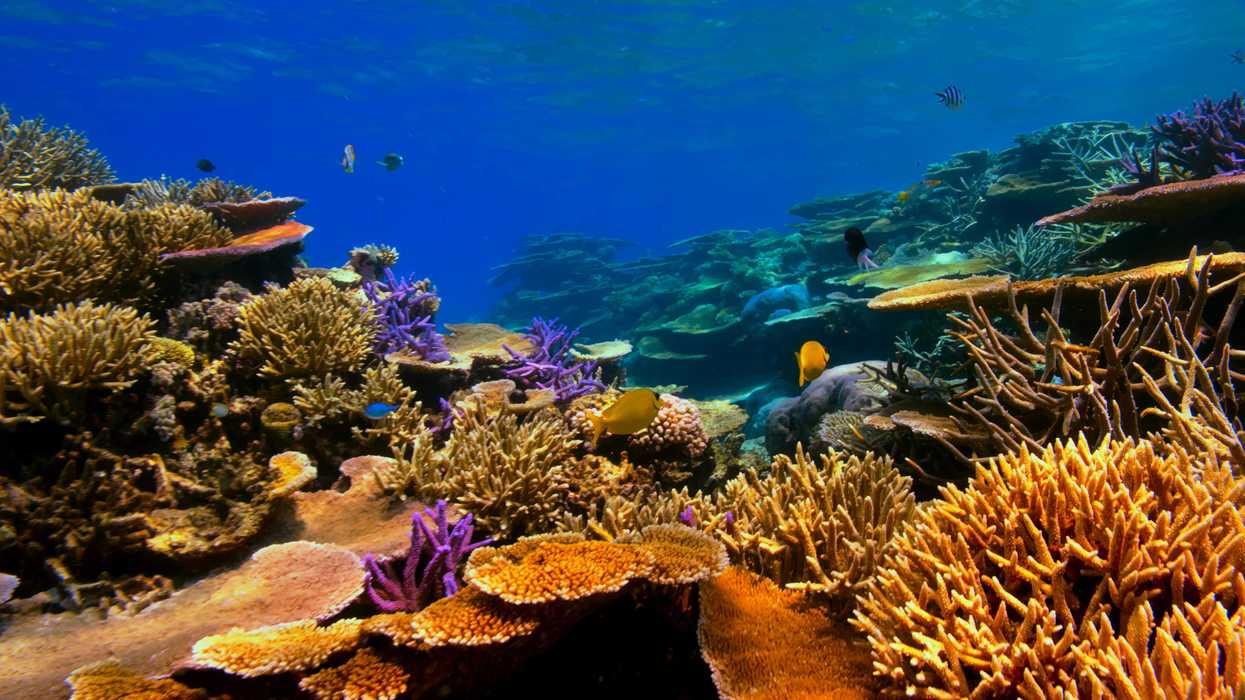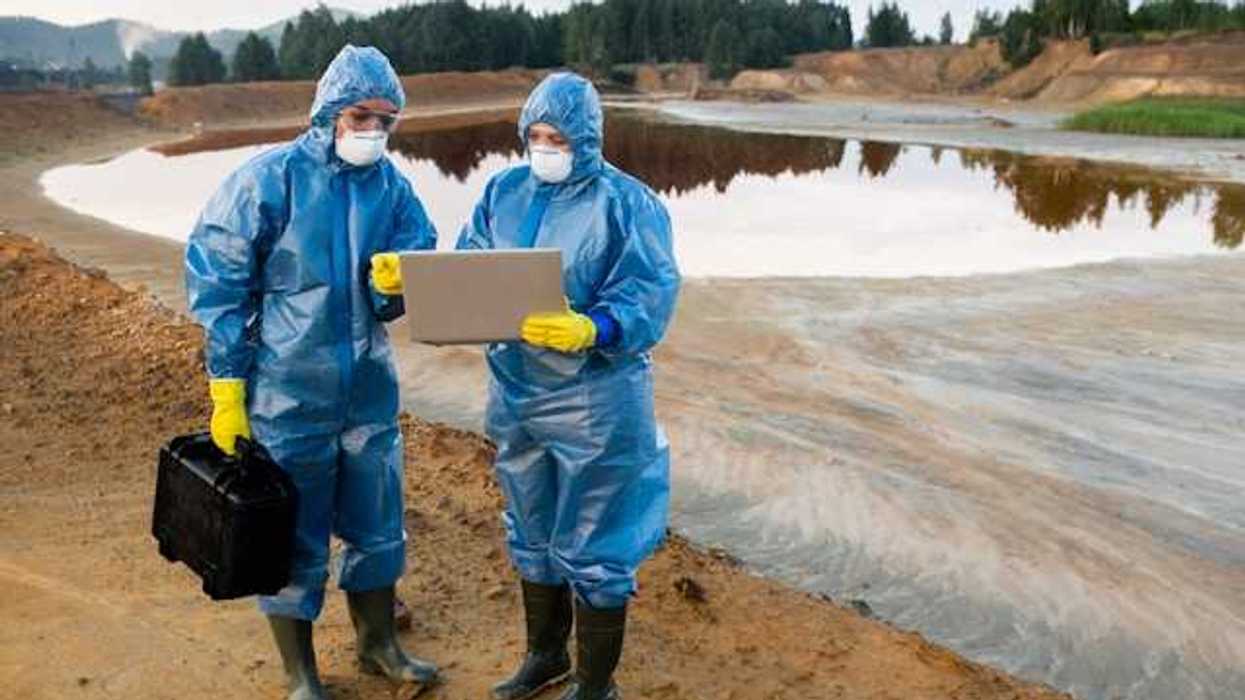French lawmakers are weighing a return to a banned pesticide and looser farm rules, drawing street protests from farmers and warnings from environmental groups about the risks to health, water, and pollinators.
Eve Irvine reports for France 24.
In short:
- Farmers blocked roads and rallied in Paris, protesting opposition-led changes to a bill that would ease environmental safeguards and re-authorize a neonicotinoid pesticide linked to bee deaths.
- François Veillerette of Générations Futures warned the pesticide acetampirid, banned in France but allowed elsewhere in the EU, remains toxic to bees and possibly harmful to fetal and child development.
- France had aimed to cut pesticide use in half by now, but has failed, and nearly 25% of the country's water sources exceed legal pesticide residue limits, affecting 17 million people.
Key quote:
“It’s a serious matter ... all should be banned in Europe and not you know the other way around ... France going back to the same level as the rest of the EU.”
— François Veillerette, director and spokesperson for Générations Futures and member of the European Board of Pesticide Action Network
Why this matters:
Even as some countries take steps to protect the environment from pesticides, others lag behind, creating a patchwork of regulation that leaves ecosystems and people vulnerable. Neonicotinoids, the class of chemicals at the center of the current debate, have been widely documented to harm bees — a vital part of the food chain — and may also pose neurodevelopmental risks to children. In France, years of government plans to slash pesticide use have failed, and a quarter of the country’s water sources now exceed legal limits for pesticide residues. This isn’t just a rural issue: Pesticides seep into rivers, aquifers, and the foods we eat. For farmers, it’s a bind between yield and health, but critics argue higher commodity prices, not harsher chemicals, are the real fix.
Read more: French health agency warns that common pesticides threaten children's brain development














